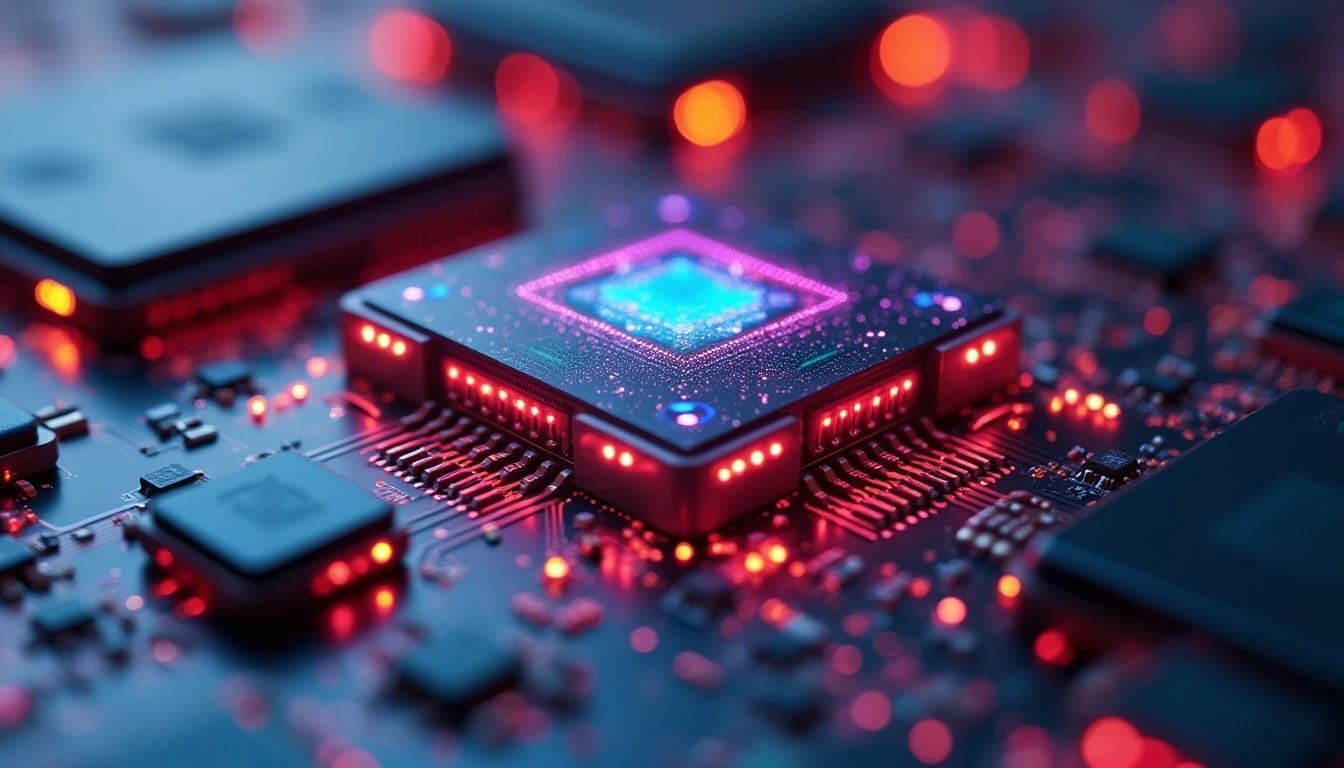OpenAI, the company behind ChatGPT, is advancing in the development of its own artificial intelligence (AI) chips in collaboration with TSMC, the leader in semiconductor manufacturing. According to recent reports, OpenAI has reserved production spaces for TSMC’s 1.6nm process, known as A16, with the goal of designing a chip that could be a milestone in the AI industry.
The project, which is not slated for mass production until 2026, is designed to reduce OpenAI’s reliance on expensive Nvidia AI servers, which currently dominate the market. The choice of the A16 process, which uses Gate All Around Field Effect Transistors (GAAFET) and a backside power delivery system known as Super Power Rail, promises to significantly improve chip performance and energy efficiency.
OpenAI is considering partnering with Broadcom, Marvell, or even Apple for the chip design phase. The inclusion of these potential partners could help OpenAI overcome limitations imposed by GPU shortages and facilitate its mission towards artificial general intelligence (AGI).
The decision to use the A16 process instead of the less advanced N5, initially considered, reflects OpenAI’s commitment to innovation and long-term cost reduction. Although the A16 is still in development and will not be available for mass orders for a few years, adopting this cutting-edge technology could position OpenAI at the forefront of AI chip manufacturing.
OpenAI, which currently spends large sums to operate ChatGPT, aims to reduce costs and improve its technological capability with this move. While custom-designed chips are usually expensive to develop, once completed, they can offer significantly lower operating costs compared to existing Nvidia solutions.
The future of OpenAI, amidst fierce competition in the AI market, seems to be at stake, but the potential investment of big names like Apple and Nvidia could be crucial for the project’s success. However, if OpenAI is acquired by Microsoft, Meta, or Nvidia, the AI chip project may be affected.
The development of these AI chips represents a significant effort for OpenAI, which aims to surpass current limits of AI hardware and lead the way towards new technological frontiers.
Via: Yahoo News

